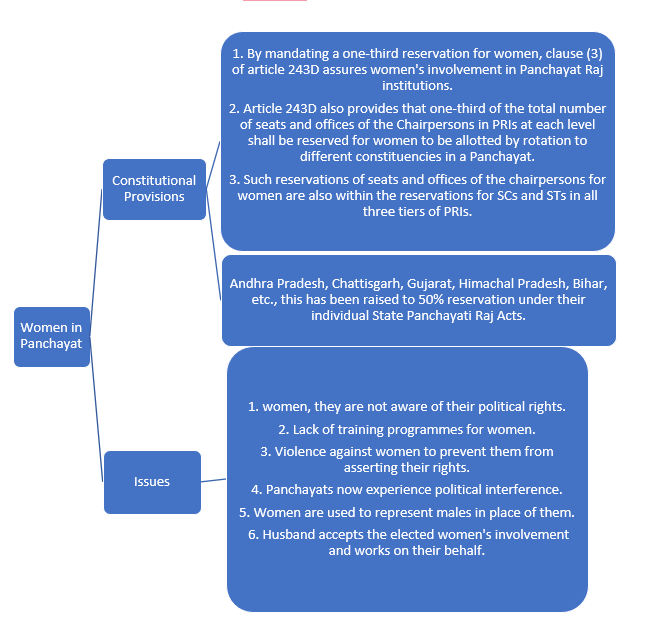- Courses
- GS Full Course 1 Year
- GS Full Course 2 Year
- GS Full Course 3 Year
- GS Full Course Till Selection
- Answer Alpha: Mains 2025 Mentorship
- MEP (Mains Enrichment Programme) Data, Facts
- Essay Target – 150+ Marks
- Online Program
- GS Recorded Course
- Polity
- Geography
- Economy
- Ancient, Medieval and Art & Culture AMAC
- Modern India, Post Independence & World History
- Environment
- Governance
- Science & Technology
- International Relations and Internal Security
- Disaster Management
- Ethics
- NCERT Current Affairs
- Indian Society and Social Issue
- NCERT- Science and Technology
- NCERT - Geography
- NCERT - Ancient History
- NCERT- World History
- NCERT Modern History
- CSAT
- 5 LAYERED ARJUNA Mentorship
- Public Administration Optional
- ABOUT US
- OUR TOPPERS
- TEST SERIES
- FREE STUDY MATERIAL
- VIDEOS
- CONTACT US
SARPANCH-PATISM
SARPANCH-PATISM
11-07-2023
Latest Context
The Mundona Rural Development Foundation, an NGO, has addressed the Supreme Court of India over the problem of "sarpanch-patism" in the panchayat system.
The Supreme Court, however, made it clear that it does not have the authority to deal with the matter directly. Instead, the court instructed the NGO to get in touch with the Panchayati Raj Ministry and encouraged the government to take the necessary steps to empower women and carry out reservation goals.
What is Sarpanch-pati-Culture?
- Sarpanch-patism is a term used to describe the situation where men act as “sarpanch-pati, sarpanch-devar, pradhan-pati” etc. while wielding the actual political and decision-making power behind women who are elected as sarpanchs or pradhans in the panchayat system.

What steps is the government doing to promote women in PRIs?
- Rashtriya Gram Swaraj Abhiyan (RGSA): The RGSA was established in 2018 to strengthen PRIs' capabilities for effective rural governance, utilising technology and resources for long-term, SDG-aligned solutions. Additionally, it encouraged women to participate in PRIs.
- Gram Panchayat Development Plan (GPDP): The GPDP guidelines that are pertinent to women's empowerment call for women to actively participate in GPDP budgeting, planning, implementation, and monitoring, as well as the convening of Mahila Sabhas before the general Gramme Sabhas and their involvement in both.
Way Forward
- Offering female representatives leadership development and capacity-building programmes.
- To enhance the involvement and responsibility of women delegates, gramme sabha (village assemblies) should be strengthened in their role and function.
- Launching programmes to educate men and women about democracy and gender equality.
- Ensuring that women MPs have enough financial and administrative assistance.
- Putting into place laws and regulations to restrict and penalise sarpanch-patism and other proxy political tactics.
Must Check: IAS Coaching Centre In Delhi



